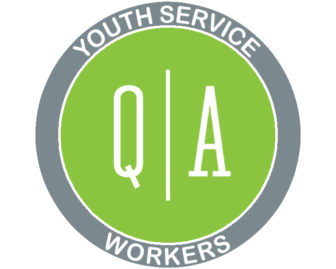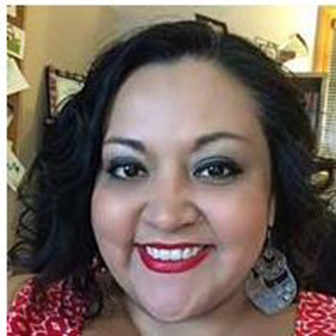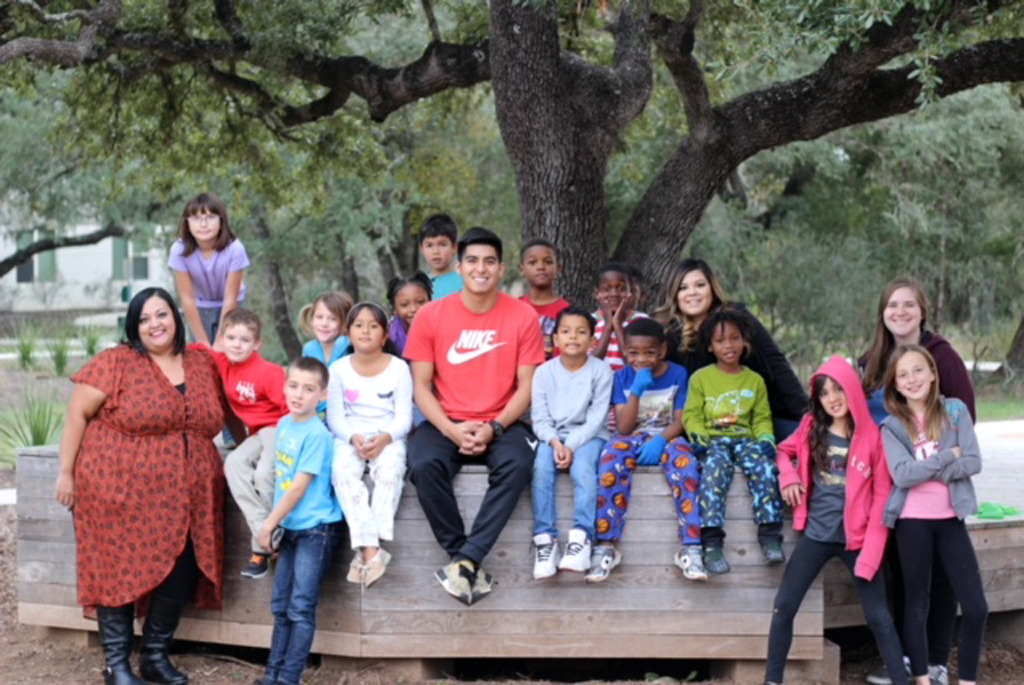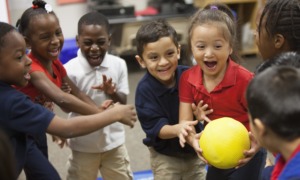Marisela Montoya is the director of education for Foundation Communities, a nonprofit affordable housing organization in Austin, Texas. For 24 years, she has directed and  implemented programs for youth and adults, including eight years with Austin Independent School District as a program director and program specialist. She has been with Foundation Communities for 16 years, first as lead learning center coordinator. She now oversees 12 learning centers in the Austin and North Texas areas that provide on-site after-school, summer and adult education programs for residents. Marisela graduated from the University of Texas at Austin with a degree in psychology and holds a certificate in nonprofit leadership and management from Austin Community College and the Texas Association of Nonprofit Organizations. OST Hub editor Sara Hill asked her a series of questions about her work.
implemented programs for youth and adults, including eight years with Austin Independent School District as a program director and program specialist. She has been with Foundation Communities for 16 years, first as lead learning center coordinator. She now oversees 12 learning centers in the Austin and North Texas areas that provide on-site after-school, summer and adult education programs for residents. Marisela graduated from the University of Texas at Austin with a degree in psychology and holds a certificate in nonprofit leadership and management from Austin Community College and the Texas Association of Nonprofit Organizations. OST Hub editor Sara Hill asked her a series of questions about her work.
Q: How did you first get into the field of youth?

Marisela Montoya
A: I didn’t have any intentions of working with kids, but I was looking for a job in my sophomore year in college that would fit my schedule. My title was “building monitor” of two after-school programs run by the school district. It was administrative, really, and I worked there for one school year. My supervisor asked me if I wanted to direct the summer program, which was a full-time job. She said that she observed that I was always in with the kids, which I really enjoyed. I became the summer director, and then I was offered the child care director job, which was still part time, but which would fit in with my school schedule. I was struggling to get my bachelor’s degree, I was working too many jobs, 30-40 hours a week and trying to maintain a full course load. I dropped out of school during my junior year, and worked full time at the program. But it got to a point where I couldn’t progress in my career until I finished my degree, so I went back to school and got my degree at 26.
Q: What do you wish you learned from the start of your career as a youth worker?
A: Cultivate the talents and skills of your staff. It will keep them motivated. For instance, if you bring in a STEM curriculum, find staff who love science because they’ll teach it well.
Q: What are the biggest changes in the youth field you’ve seen?
A: The workforce has changed, it’s hard to find part-time staff who will stay. The pay isn’t high, there aren’t many hours, but several years ago, we were able to find people who wouldn’t want to leave because they loved it so much, so they might work two jobs, or do it during college. I find that the students are more challenging, stemming from trauma, like domestic violence at home. I think it’s harder to get kids to engage and pay attention.
Q: How have you handled those changes?
A: If staff are with us for a year, we give a wage increase. I made sure that our pay rate was fair and comparable across the city. Staff are also eligible for a 401(k). Because we’re an affordable housing organization, after six months of employment, staff are eligible to live at one of our housing communities, and they can get a 20 percent discount on their rent. As far as the kids are concerned, we have families from homeless shelters, and the kids have extra special needs. We have been able to get a licensed clinical social worker on board. That’s been wonderful. Anyone can refer a child to her. Sometimes she does counseling for both the child and the parents, if they agree to it. She will also find other resources or programs if we’re not a good fit. She’s also provided training on trauma-informed care for our staff.
Q: How do you battle burnout, stay resilient?
A: I find reward in the kids who succeed because of the resources we have been able to bring them and their family. This year, a student who I worked with at my first program invited me to her college graduation. Also, when I feel burnout I change up what I’m doing, As far as staff who are working with kids, I try to be very appreciative of them, find ways to make their workload more efficient. I use humor a lot with my staff and create a positive work environment.
Q: What are your dreams for the future?
A: I’d like to be in a consultant role, to observe and evaluate programs — what they have going well and what they need to work on, and try to help them improve. I’m in housing, and I don’t think that folks in the after-school field in housing are tapped into all the resources out there. I’ve shared my work at housing conferences, and I’ve gotten calls from as far as Alaska to help them with their programs.
Q: What’s some advice you would give someone entering the field?
A: That all parents want to be heard. They’re thinking about their kid, the kid that they love. Also, don’t forget to allow yourself to be creative, and bring some of your own ideas and approaches to working with kids. Cultivate your staff. And don’t be afraid to make mistakes.
































